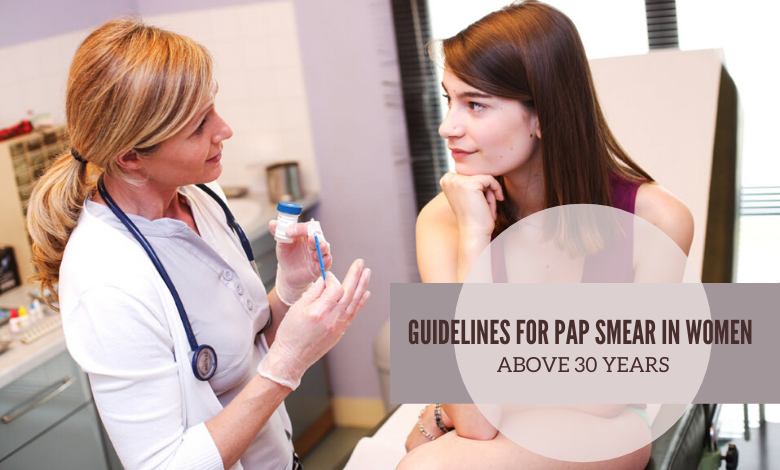
Are you among those women who follow medical guidelines properly? If yes, then it may be confusing at times for what they need to get tested for, when and how often. It can also be more puzzling when the guidelines change all of a sudden and that are related to Pap smears and human papillomavirus (HPV) testing for women who are above 30 years. But these changes are certainly a positive sign as it means you are progressing ahead.
Pap smears test is done to detect the changes in cells in your cervix that may denote cervical cancer, infections and abnormal cells causing cancer. HPV testing is done to know the presence of viral infection which may be of low-risk variety that can be the reason for genital warts or of higher-risk variety leading to cervical and other kinds of cancer.
It is suggested to conduct a private smear test in London once every year. When HPV co-testing became available, a co-test had been recommended to be done in every three years. Now the new guidelines of Pap denote that if you are more than 30 years and do not have proper history of cervical cancer or abnormal Pap smears, then you might get a Pap test done in every three years and the HPV test in every five, or co-test in every five years.
The reason behind this change is that if you co-test Pap smear with HPV testing and both of then are negative, then your risk of getting cervical cancer in the next five years comes to almost 0 percent.
This five-year interval for the ones above 30, however, it is not meant for women who are:
- Immunocompromised or immune system does not function properly
- Have a past history of abnormal Pap smears
- Have a past record of HPV or cervical cancer
- Have a history of exposure to DES or diethylstilbestrol which is a drug given to pregnant women
Women who do not follow the guidelines should undergo examinations more frequently than in every five years.
- Based on your particular situation, your gynae provides an appropriate examination schedule that you need to follow. Women who are in the age group of 21 to 30 years should continue to have a Pap smear done in every three years.
If you are 30 years and above and feel comfortable for a Pap test in every five years, then this new guideline is actually meant for you. But if you are looking for another Pap within a year, then it is certainly not a good idea to perform co-test with HPV since the test is costly.
There are times when this test will result a positive HPV in women who have had all normal Pap smears done in the past. Well, you need not worry as HPV is usually transient. It is quite common for most people to get it in their lifetime if you are sexually active. However, it does not mean in any way that you will get cancer. It only means that you should not opt for every-five-years screening.
Some women who are 30 years or older believe that if they do the co-test for HPV and Pap once in every five years, then they do not need to perform a gynecological examination every year. But that is not the case in anyway.
It is advised to undergo a breast examination and a pelvic examination from your gynaecologist every year even if you do not need to do a Pap smear test. This examination is very important as it will select certain things such as – ovarian masses, fibroids, pelvic pains, problems with abnormal bleeding, contraception issues and all other things that need to be considered in an annual exam. The only screening done at a Gynaecology Clinic during an annual exam is for cervical cancer.




